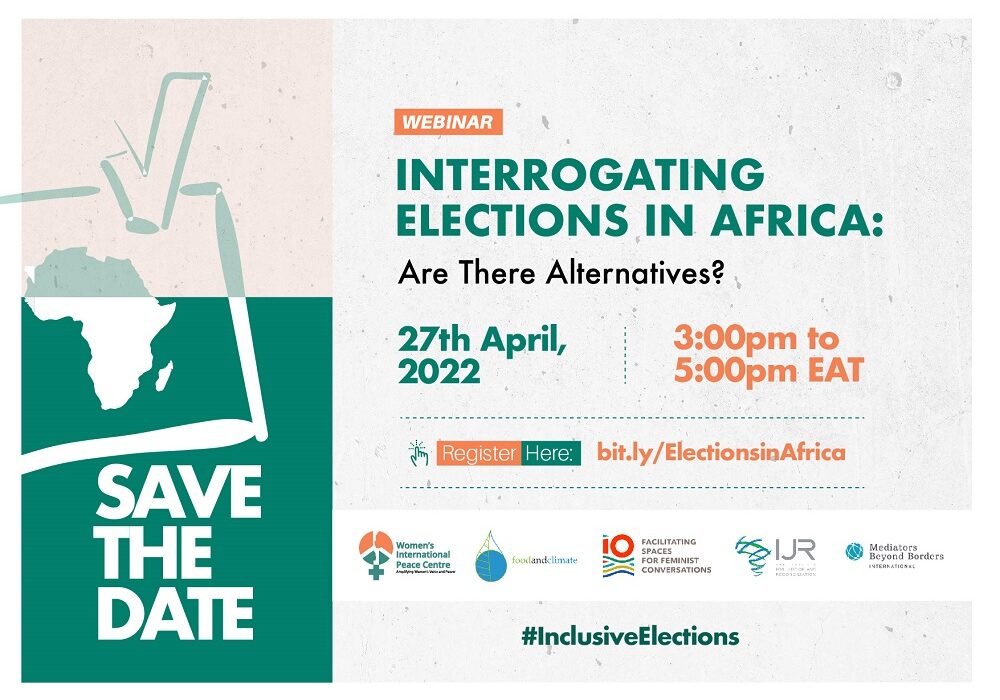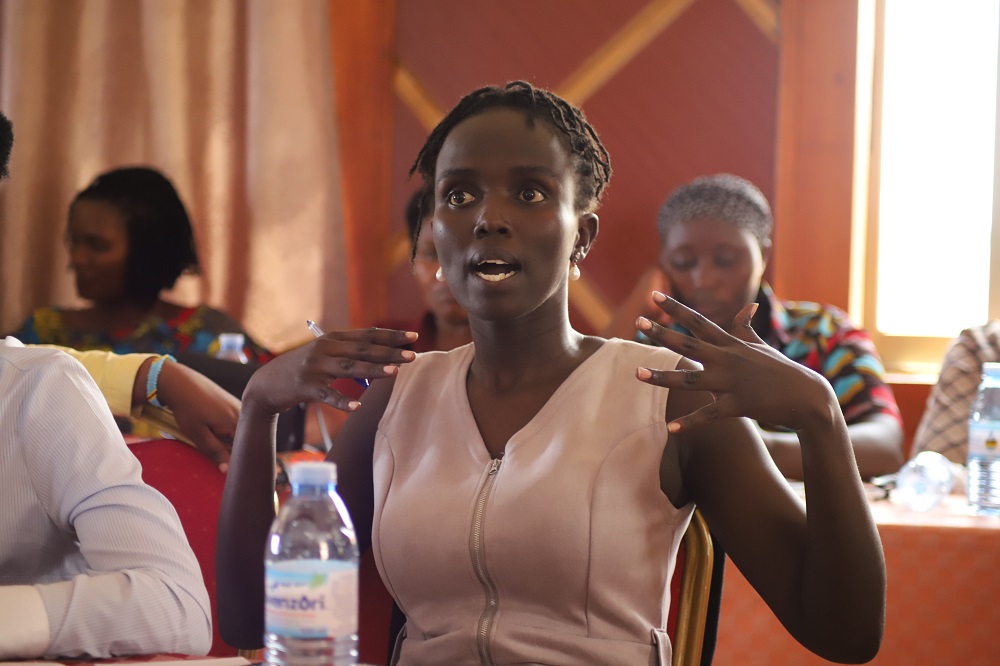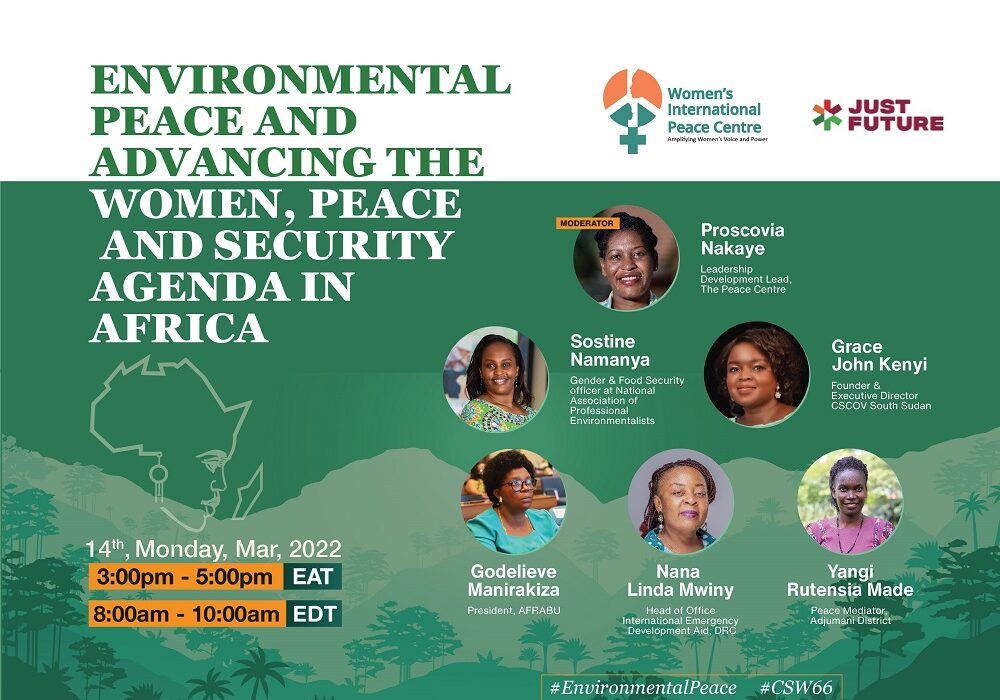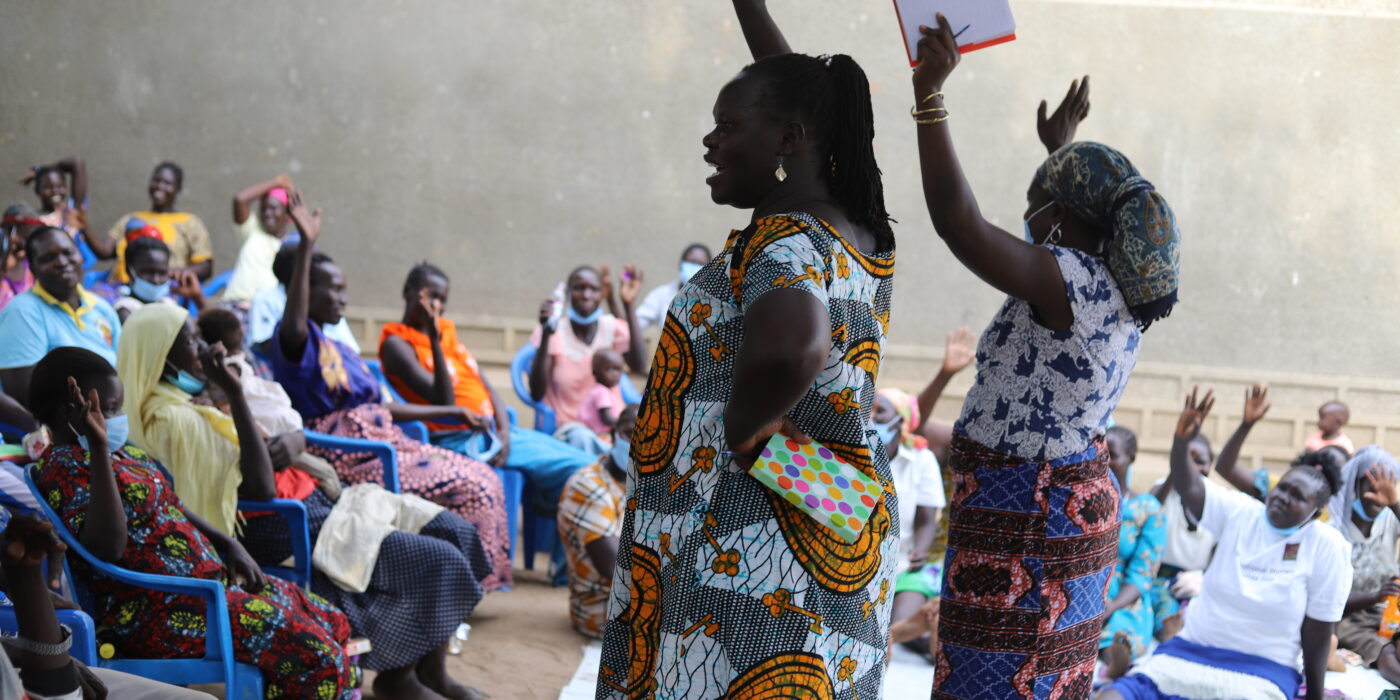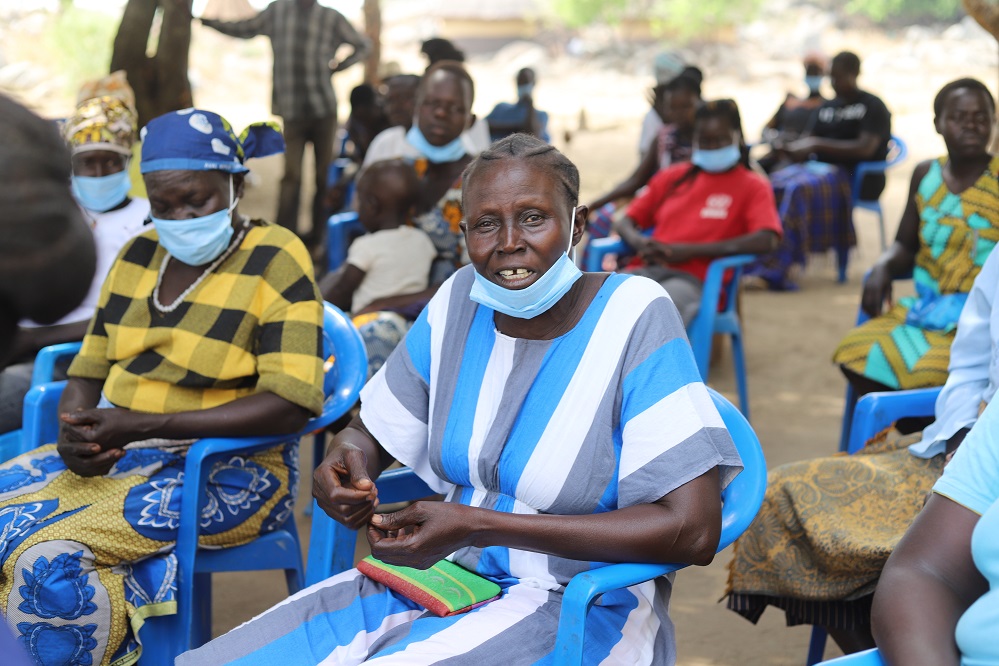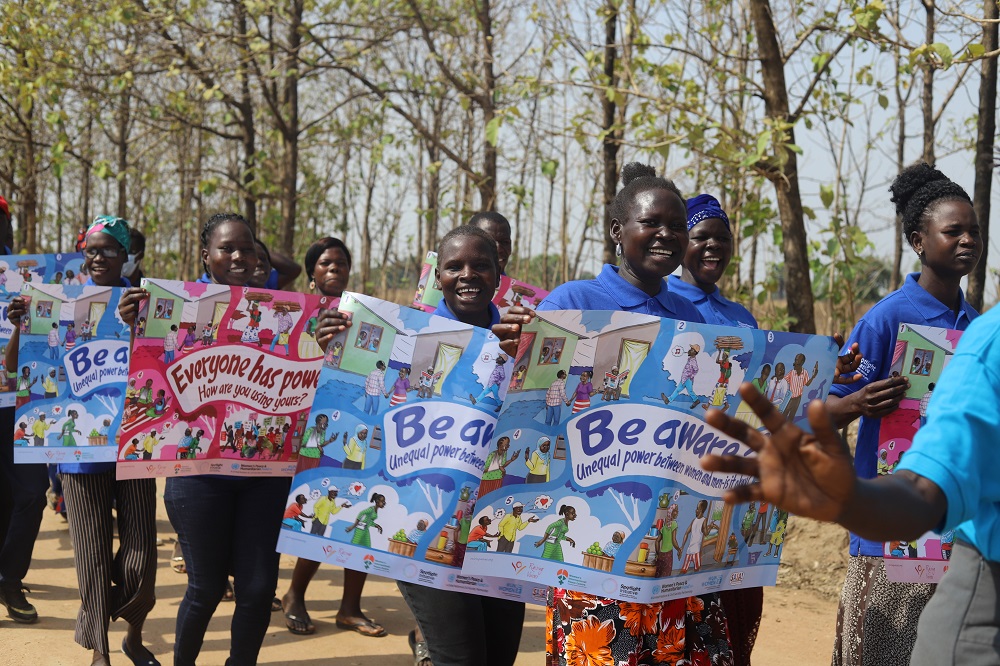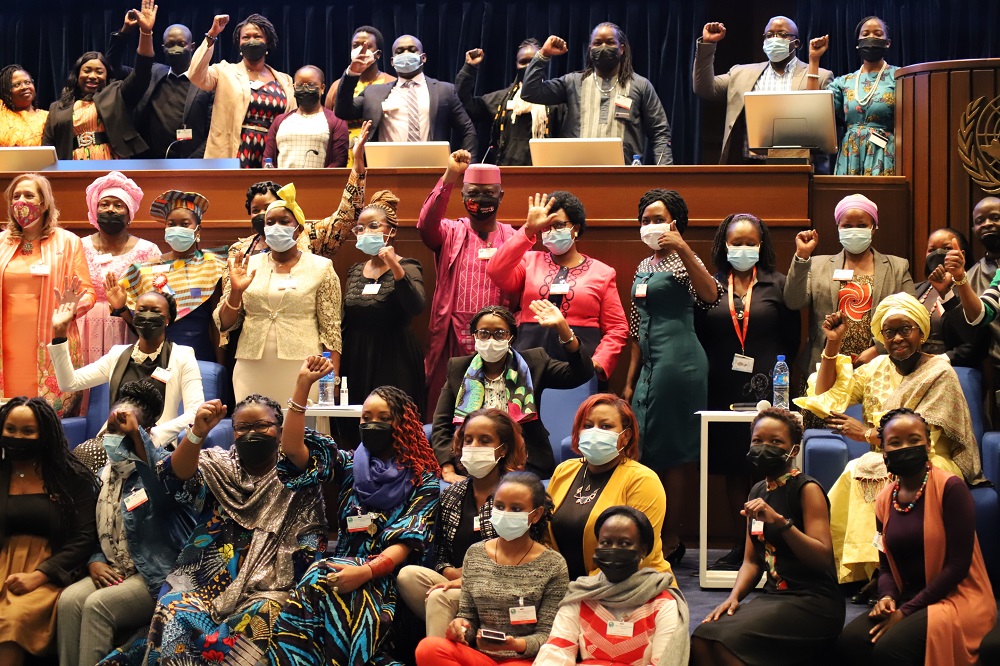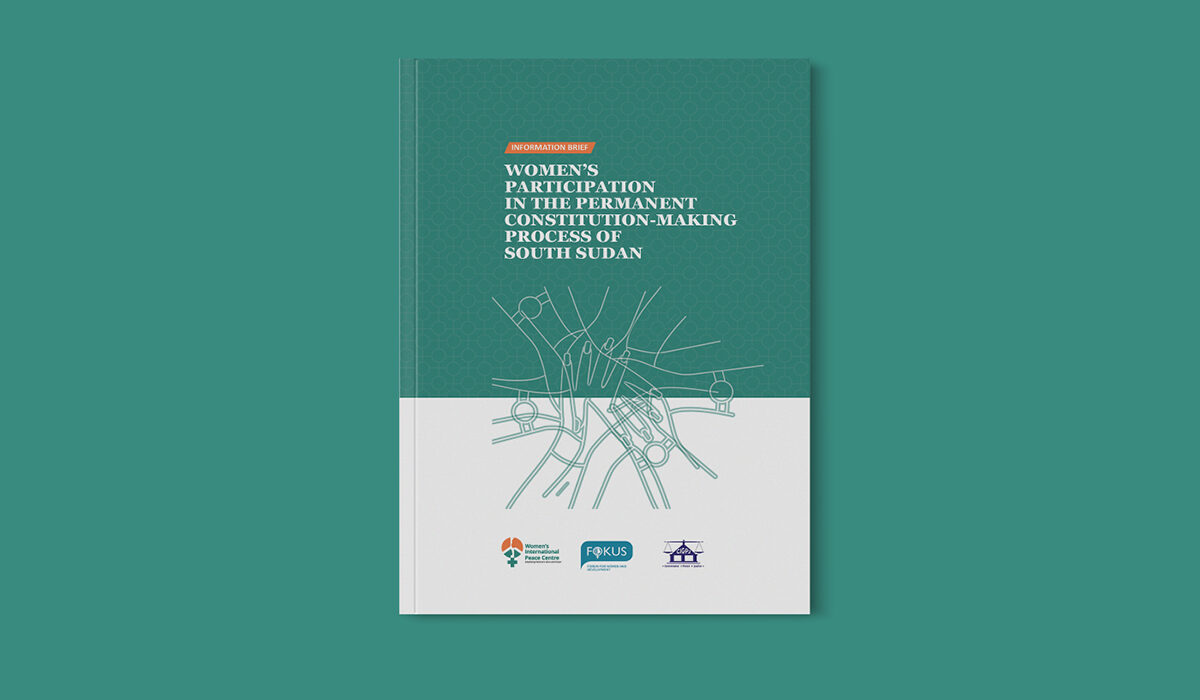By implementing the project; Strengthening Capacities for Gender Based Violence Prevention and Peace Building in Humanitarian Context in Adjumani district, The Peace Centre conducted 4 monthly community meetings to influence people’s attitudes on Sexual Gender Based Violence (SGBV) and Women Peace Security concerns.
The four meetings were held in Ciforo Sub-County and Agojo Refugee settlement respectively between 1st and 7th March 2022 with a total of 444 people (325 females and 119 males) including area local council leaders in the host community and refugee welfare council in the refugee community.
Participants identified key contributing factors to VAW which they shared with culture highlighted as the root cause of VAW causing an imbalance of power between men and women. Other factors included; poor communication, poverty, alcoholism and drug abuse, ignorance, childlessness, and early marriage among other things.
The meetings facilitated in-depth discussion on VAW and enabled participants to identify with some scenarios in their community which helped them to develop recommendations for prevention and attitude change on key violence triggers such as sex in marriage, sex in pregnancy, cleared misconception on women’s emancipation and increased understanding that it’s about women’s participation in decision making, prevention of VAW and protection of women and girls from all forms of violence.
In addition, the meetings also enhanced participants’ understanding of responding to issues of VAW. This mainly addressed people’s perceptions and got them to appreciate that; all children are valuable regardless of their sex, women should be more involved in decision-making and victims of GBV should not be blamed for what has happened to them.
Participants were encouraged to intentionally and continuously challenge beliefs and community silence of VAW because Violence Against one woman is an injustice to all women and is a violation of Human Rights. Therefore, it is everyone’s responsibility to


